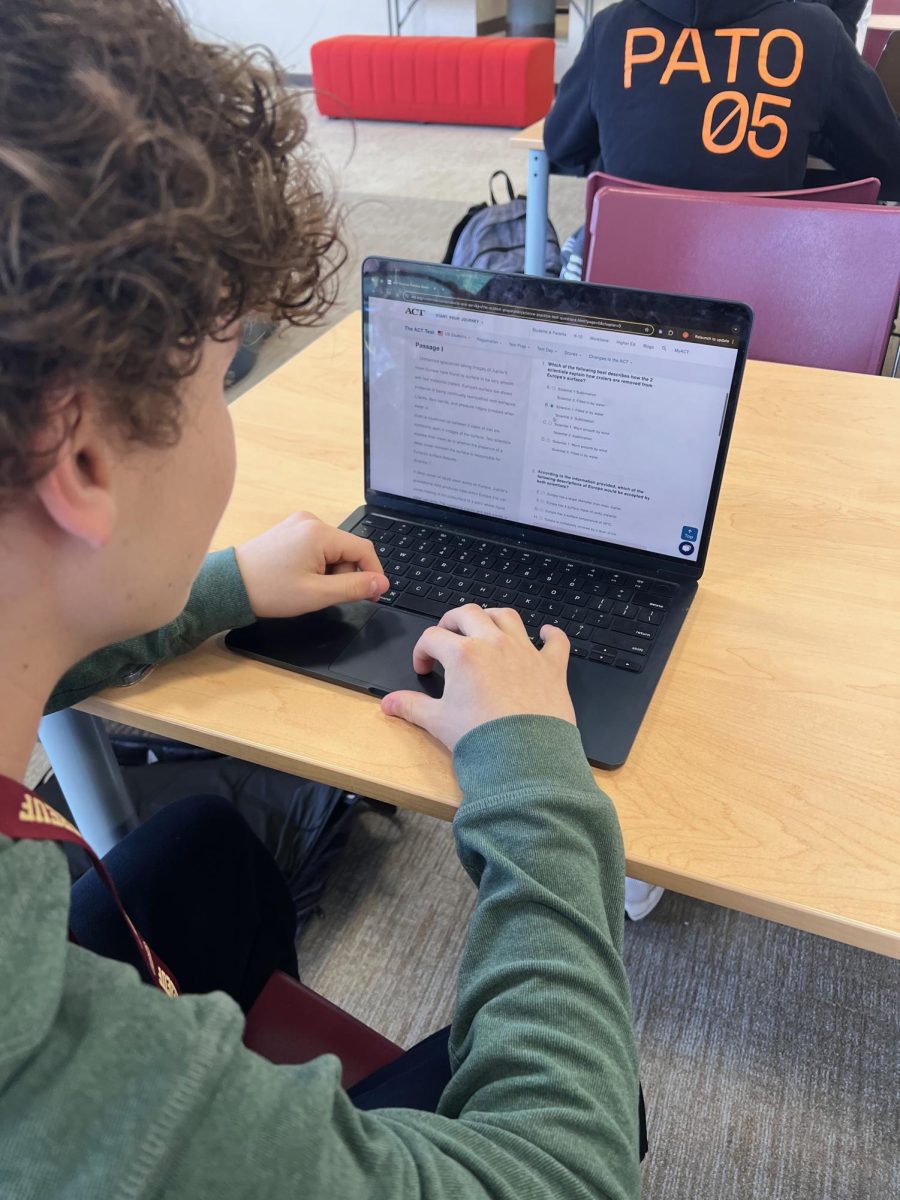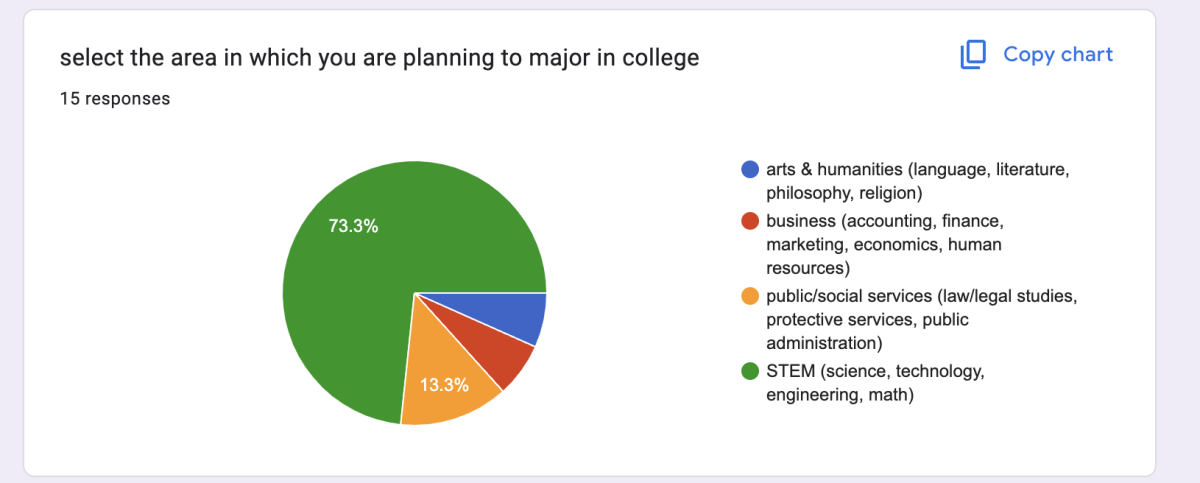If you drop by the dean’s office during a PRT, chances are you’ll see several students sitting at tables and studying or working on homework. At the beginning of the school year, the school sent out an email outlining the attendance policies, including tardies and JUGs (see graphic). Many felt these policies were new, however, as Ms. McKinney-Torres explained the only real change was the institution of PRT detentions for forgetting IDs.
She believes “everybody felt like there was a big change because it was just brought out into the front again.” This year the school is focused on enforcing the tardy system due to the disruption they cause in the tardy student’s learning as well as the disruption to the class and teacher.
Besides harsher enforcement of tardies, the revised system introduced PRT detentions. These detentions aim to take away a lot of the burden that was on maintenance staff to organize JUGs. Some days there would be over 20 kids serving a JUG, which was an unreasonable amount of kids for the maintenance staff to supervise and organize.
Another motivator for the change was to decrease the punishment for forgetting an ID. Ms. McKinney-Torres explained that the dean’s office wants people to feel “like it’s not as big of an… infraction than a tardy or lots of tardies or plagiarizing or whatever you’re getting your other JUGs for.”
Here’s how the PRT detention system works: Let’s say you come in on Monday and forget your ID. You would sign in at the gym lobby desk, just like before this system. Then you would pick either Tuesday or Thursday to serve your PRT detention. On whatever day you chose, you head to the dean’s office and use the PRT there as a study hall.
This is the system in place as of now, but there have been some changes already and will likely be more in the future. According to McKinney-Torres they have had to “tweak it a little bit [themselves] to be a little more on top of it… [they are] keeping better track of it.” At the beginning of the school year “[they] were not as consistent about keeping track of who served theirs and when.”
Another change they may make is instituting same-day PRT detentions. “If you forget it Monday, you’re doing it Monday in one of the two PRTs.” There is also the possibility that PRT detentions could affect students’ “JUG free” status in the future. As of right now, PRT detentions have no effect on one’s JUG status.
Many students have mixed, but overall positive feelings towards the change. Kate Dugan ‘25 explained that she believes “getting a JUG is too harsh of a punishment for just forgetting your ID.” She mentioned that having JUGs can also interfere with after school activities, such as sports or the musical, so it’s unreasonable to have a JUG for such a small “infraction.”
Dugan prefers PRT detentions “because it’s a time to get work done instead of just vacuuming,” adding “also Chief is there.” She explained that the process was confusing because she “didn’t know what [the detention] was until [she] had one”
Dugan’s fellow junior Kamal Taylor also prefers PRT detentions to JUGs “because [he] doesn’t have to go back after school.” Taylor explained that though he doesn’t want to “lose time during his PRT” it is more convenient to complete a detention during the school day than after school.
Ultimately, this revised system has produced many mixed feelings among the student body, but succeeded in its original goals. It has taken a lot of the burden off the maintenance staff to manage JUGs and decreased the punishment for JUGs, a smaller infraction than other, more JUG-worthy actions.
PRT detentions may have more implications further down the road as less JUGs are received. Currently, the freshman class has the largest number of JUG free students, since they have been at Brebeuf for the shortest amount of time. However, as the freshman class, who never had ID JUGs, moves through their years at Brebeuf, they may have the largest number of JUG free seniors when the time comes.
Currently there are 72 JUG free seniors, which is around 35% of the total senior class. By the time the freshman get to their senior year this number may be significantly higher simply because there are less ways to get a JUG now.






